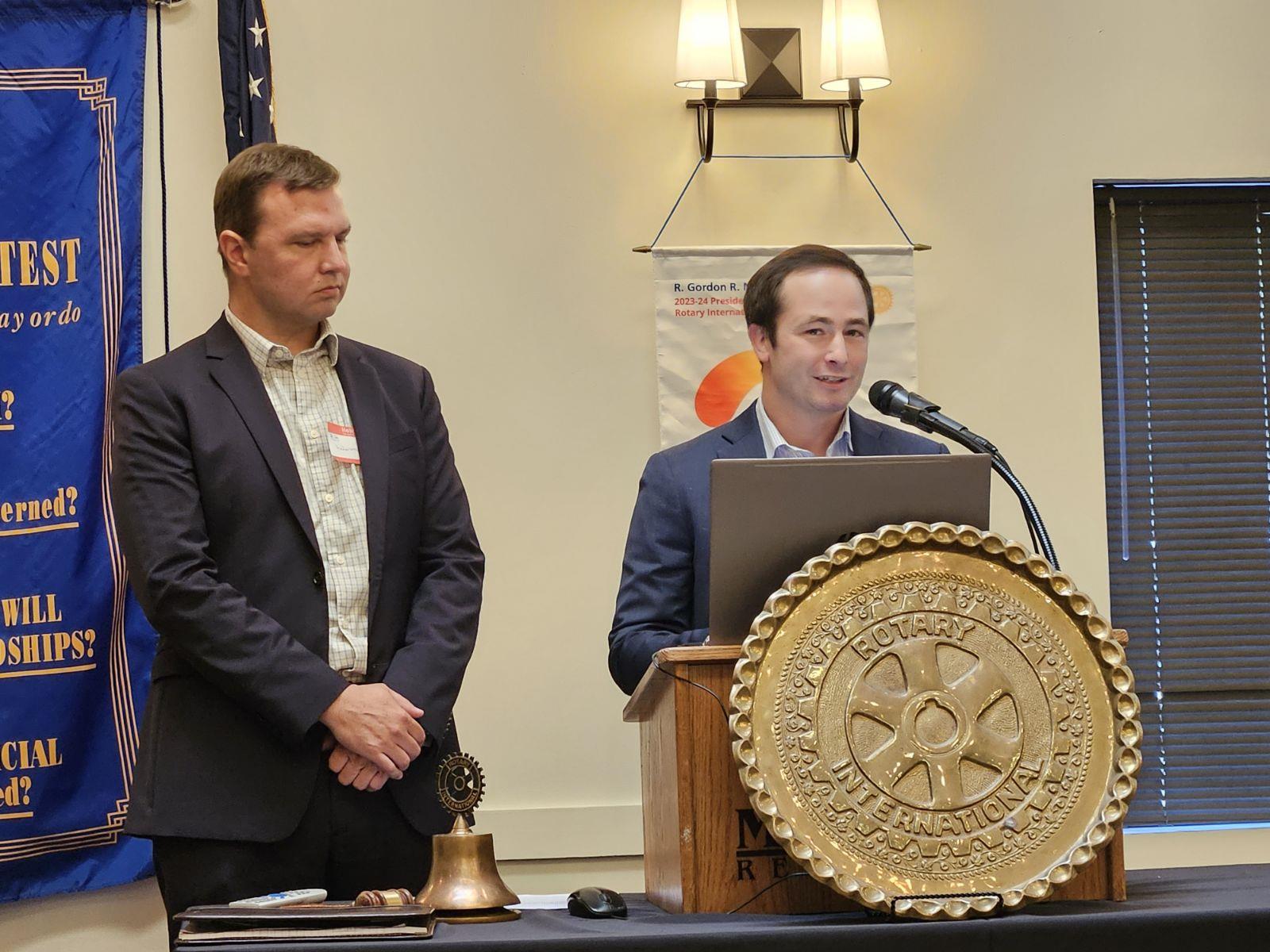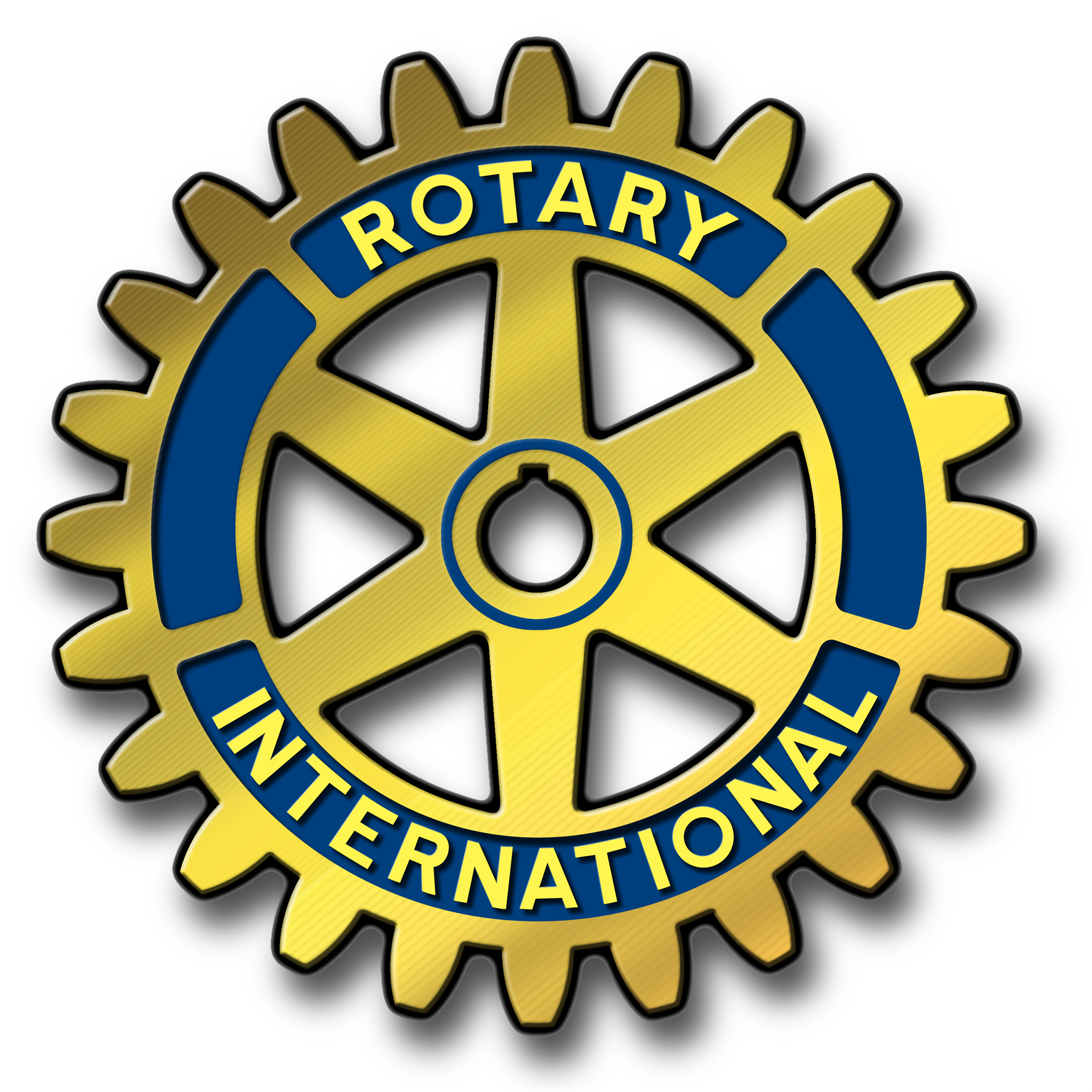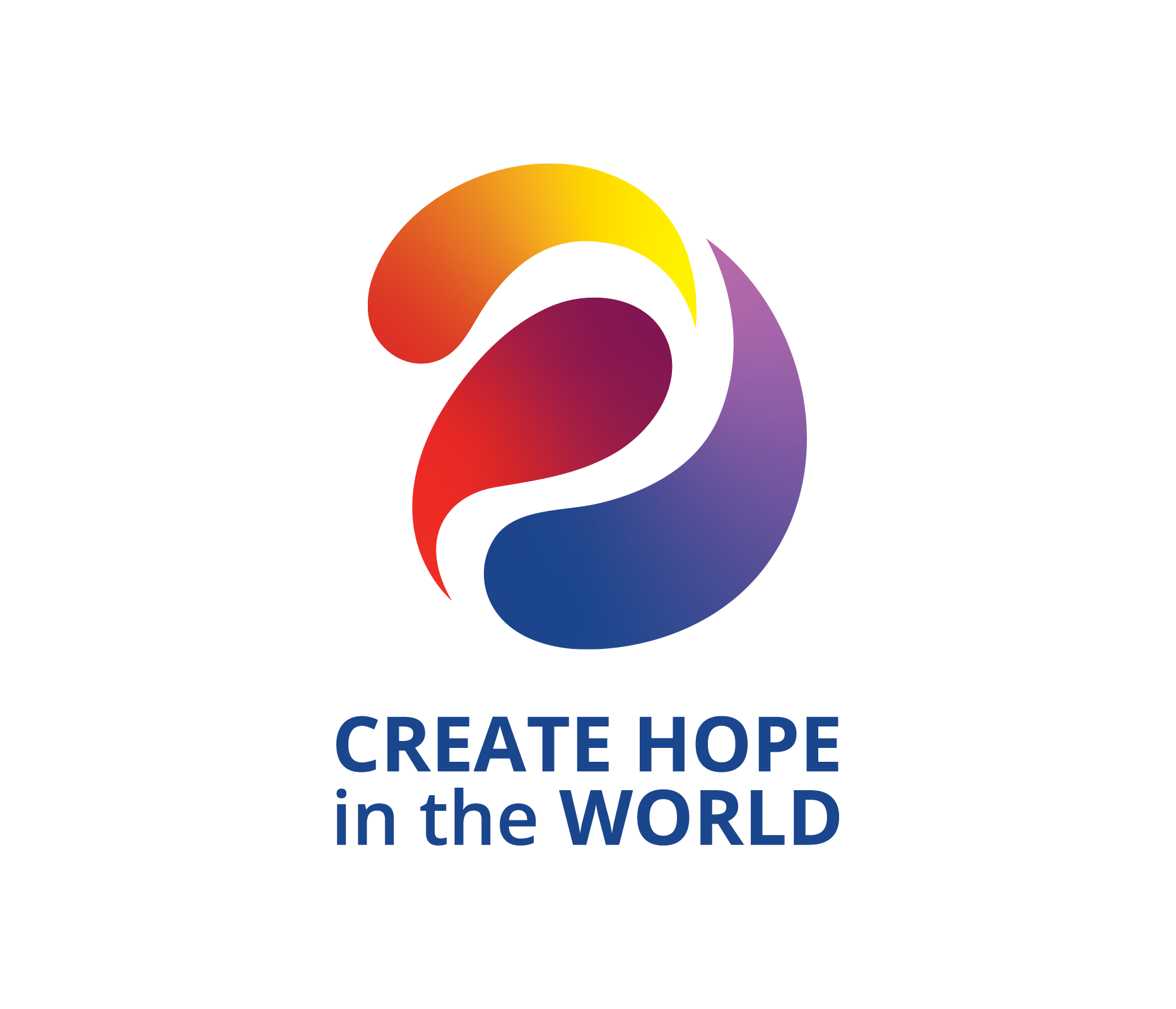
Today we welcomed attorneys Cory Hildebrandt, Associate, and Matthew J. Anderson, Senior Associate from May, Oberfell, and Lorber and they shared some of the challenges and strengths of AI/Chat GPT.
AI is not a single technology. It exists in many different forms through different functions and applications. Some examples of AI include:
- Natural language processing (NLP), Logical AI/inferencing, which creates decision trees based on user input, such as online tax preparation programs.
- Machine learning, which is AI that learns from its past performance, such as predictive text.
- Artificial neural networks, for instance, used in image recognition technology.
- Machine perception and motion manipulation, for instance, used in industrial robotics.
- Generative AI technologies, such as ChatGPT, that often utilize large language models (LLMs)
AI technologies can be used to perform various functions, including:
- Content generation, including text, video, audio, and computer code/
- Expertise automation.
- Image recognition and classification.
- Speech-to-text and text-to-speech conversion.
- Text analytics and generation.
- Voice-controlled assistance (like Amazon Echo and Google Home).
- Language translation
CHALLENGES
A recent case, Cruz v. Raymond Talmadge d/b/a Calvary Coach, involved a GPS device, which is a common AI-driven device. In Cruz, the plaintiffs were injured when a bus struck an overpass. The plaintiffs brought claims against the manufacturers of the GPS devices used by the bus driver based on traditional theories of negligence, breach of warranty, and strict liability. The plaintiffs alleged that the devices were defectively designed because they:
- Directed the driver to follow a route under an overpass that was too low for the vehicle.
- Failed to warn the driver of the dangerous situation created by driving underneath the overpass.
- The plaintiffs claimed that their injuries were foreseeable because faulty directions onto height restricted roadways by GPS devices have resulted in numerous bridge strikes. Additionally, plaintiffs claimed that feasible alternative designs existed because the device manufacturers had the data necessary to give users information about height restrictions.
The Cruz plaintiffs based their claims on traditional product liability principles. Given the semi-autonomous nature of the GPS devices at issue, the plaintiffs' claimed injuries could be traced back to:
- Design components that were developed by specific companies and substantially unchanged from the time the devices left the companies' control.
- The companies' alleged failure to adequately warn about foreseeable dangers of their products.
However, applying product liability concepts is less straightforward when the product at issue incorporates more fully autonomous AI technology. For example, in cases where fault cannot be traced directly back to a human actor, the law must determine
- Whether to consider the AI product itself to be the actor and, if so, the applicable standard of care governing the AI (for example, a reasonable human versus a new "reasonable machine" standard).
- How to treat foreseeability when an AI product is intended to act autonomously. The use of AI raises questions not only about what is foreseeable for AI, but also whether humans might eventually be held to a different standard, especially in cases where AI was available to perform the task.
Creating and using AI and related technology, such as computer hardware, can present unique intellectual property (IP) issues regarding:
- Protection of AI through IP
- Ownership of AI IP
- AI IP infringement
About May, Oberfell, and Lorber
Based in Michiana since 1856, the full-service law firm of May Oberfell Lorber provides a broad range of legal experience. From individuals, to companies large and small, to firms outside Michiana needing an accessible local partner, we use a responsive team approach at competitive rates. Blending a passionate commitment to the local community with a full spectrum of legal services, we fulfill our promise of principled, professional service to our clients.
Based in Michiana since 1856, the full-service law firm of May Oberfell Lorber provides a broad range of legal experience. From individuals, to companies large and small, to firms outside Michiana needing an accessible local partner, we use a responsive team approach at competitive rates. Blending a passionate commitment to the local community with a full spectrum of legal services, we fulfill our promise of principled, professional service to our clients.
About our Speakers
Matt joined May Oberfell Lorber in 2020. For over fifteen years, he has handled all phases of litigation in large markets, including Chicago and Indianapolis, and has successfully argued for reversals in the appellate courts of Indiana, Michigan, and the Seventh Circuit. Matt has extensive experience in personal injury matters, appellate law, litigation, medical malpractice, and domestic and family law and continues to focus his practice in these areas: Personal Injury, Litigation, Appeals & Appellate, Medical Malpractice, Labor, Employment & Worker’s Compensation, Family & Domestic, and Professional Affiliations. He is a member of the Indiana State Bar Association, St. Joseph County Bar Association. Matt has a B.A. in French and Russian from the University of Notre Dame, cum laude 2000, a J.D. from Santa Clara University School of Law, 2003. He is a South Bend native, Adjunct Professor at IUSB, and has Studied abroad in France, Russia, and Singapore
Cory joined May Oberfell Lorber in 2021 as a summer associate. While attending Michigan State College of Law, Cory worked as an intern in the St. Joseph County Prosecutor’s Office and took part in the Fresh Start Fridays expungement clinics. Prior to attending law school, Cory received a Bachelor of Science in Finance and worked professionally as a Relationship Manager for several years. In his free time, he enjoys exploring the world with his wife and their two kids. His practice areas include: Corporate and Business, Banking and Finance, Litigation, Labor, and Employment & Worker’s Compensation. Cory's Professional Affiliations: Indiana State Bar Association, St. Joseph County Bar Association. Cory has a B.S. in Finance, Indiana University Judd Leighton School of Business and Economics, 2016 and J.D. from Michigan State University College of Law, 2022. Cory is a South Bend native, a proud father of twins, and enjoys hiking, snowboarding, and grappling sports.

